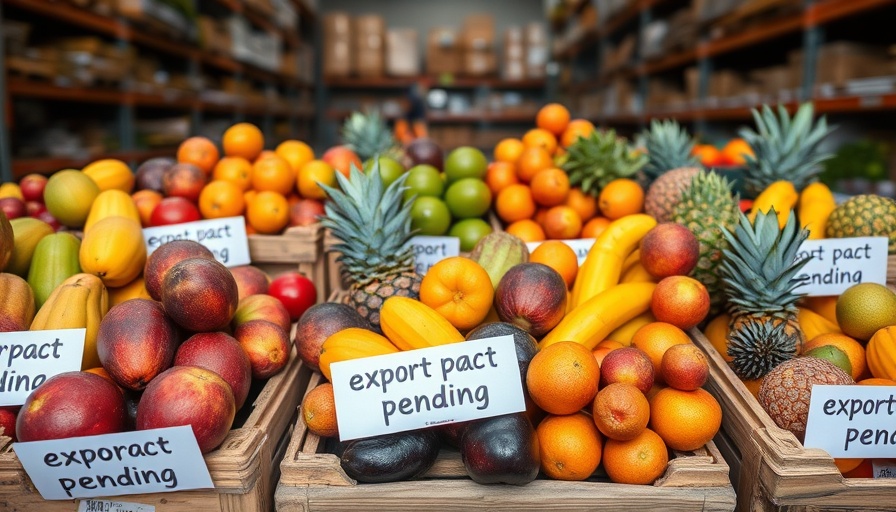
Understanding the New Income Tax Notices for 2025: A Crucial Update
The latest publication from the South African Revenue Service (SARS), dated February 28, 2025, marks an important step for professionals navigating the complexities of income taxation in South Africa. The notices detailed in Government Gazette 52199 outline significant updates regarding meal allowances and travel reimbursements that are pivotal for both corporations and employees alike.
Navigating Allowances: Daily Rates for Meals and Incidental Costs
The notices specify new daily amounts for meals and incidental costs under different sections of the Income Tax Act, 1962. For instance, section 8(1)(c)(ii) addresses the overnight allowance, reflecting adjustments based on inflation and changing economic conditions. Similarly, section 8(1)(a)(ii) provides guidance on daily allowances, ensuring that employees are compensated fairly during business travels. This update is crucial, as it redefines how businesses can manage travel-related expenses, impacting both tax liabilities and employee satisfaction.
The Impact of Motor Vehicle Reimbursements
Another key aspect highlighted in the notices is the fixing of rates per kilometer for motor vehicle expenses under sections 8(1)(b)(ii) and (iii). This measurement ensures that individuals who utilize their personal vehicles for work-related activities receive appropriate compensation, thus supporting fairness in expense claims. As per the IRS adjustments reported for 2025, comparable measures are similarly essential in the U.S. for stability in business practices, advocating for fair employee reimbursements across international standards.
Parallel Examples from the U.S. Tax System
In reviewing the IRS's inflation adjustments for tax year 2025 (as summarized in the IRS announcements), it becomes evident that global trends in tax policy are converging towards providing tangible benefits to taxpayers. Noteworthy updates, such as the increases in standard deductions and Earned Income Tax Credit (EITC), show that both SARS and IRS are keen to align with public fiscal welfare amid fluctuating economic scenarios.
Social Relevance and Implications on Compliance
Compliance with these updated tax provisions is increasingly vital for businesses as they strategize for the upcoming financial year. With individuals and corporations alike facing heightened scrutiny regarding expense claims, understanding and implementing these changes promptly can mitigate risks associated with audits and penalties. As the IRS explores potential [changes entwined with the upcoming political shifts](https://www.thomsonreuters.com/en-us/posts/tax/what-to-expect-in-2025-tax-law-changes), it's critical for South African professionals to remain vigilant and proactive in their tax planning.
Future Trends: The Evolution of Tax Regulations
As we move further into 2025, there will likely be consequential developments in tax legislation that echo the substantial shifts occurring in both the South African and U.S. tax systems. The focus on implementing comprehensive compliance mechanisms is imperative. Tax professionals may find themselves at the forefront of advising clients not just on adherence to existing laws but also on adapting strategically as future changes unfold.
Taking Command of Your Tax Destiny
For professionals navigating these intricate tax updates, it is imperative to stay informed. Utilizing resources such as SARS' official announcements and insights from tax experts can offer a competitive edge in ensuring compliance while maximizing benefits. Leveraging technology can also streamline advisory processes, making it easier to keep track of changes and to effectively communicate them to clients.
Conclusion: Stay Proactive Amidst Changes
With 2025 shaping up as a critical year for tax regulations, professionals must seize the opportunity to update their practices in line with the latest guidance from SARS. By acting now and keeping abreast of these changes, individuals and businesses can effectively position themselves for success amidst the evolving landscape of income tax regulations.
 Add Row
Add Row  Add
Add 




Write A Comment